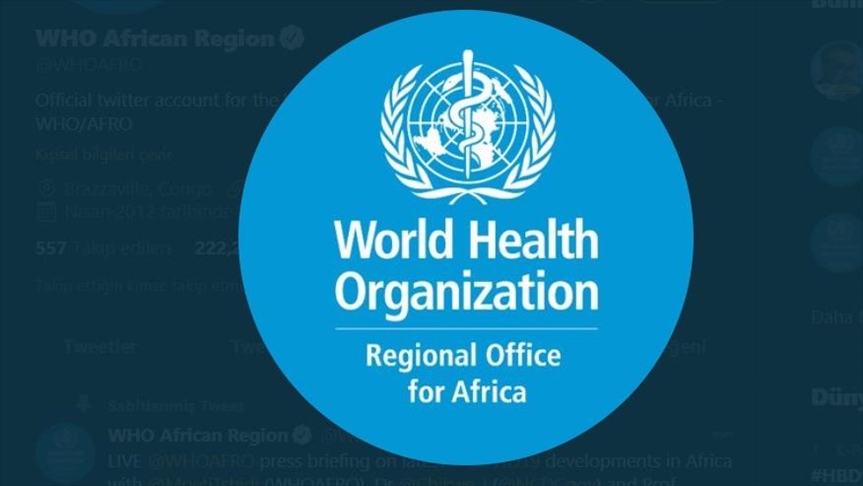By Muhammad Amaan
The Africa Regional Office of the World Health Organisation’s (WHO) said the continent has made significant strides in malaria control and elimination.
WHO Regional Director for Africa, Matshidiso Moeti said this on Thursday, as she commemorates the 17th World Malaria Day (WMD) with the theme “Advancing health equity, gender equality and human rights.”
She said that the theme highlighted the need to ensure continuous and equitable delivery of malaria services to all who need them in spite of funding constraints, ensuring adequate coverage of the most vulnerable and at-risk populations with effective interventions.
According to her, investment has averted 2.1 billion malaria cases and 11.7 million deaths, leading to 50 per cent reduction in malaria mortality rate despite the challenges posed by COVID-19 pandemic.
She said there was need for continuous and equitable delivery of malaria services, especially to vulnerable populations such as children, pregnant women and rural communities.
She added that “Africa has recorded milestones toward malaria elimination; Cabo Verde was recently certified in January 2024, after Algeria in 2017.”
She said that malaria had been a priority health problem in the African region over the past decades.
“It remains a leading cause of illness, hospital admissions, and deaths, especially in young children and pregnant women.
“We appreciate the progress made over the last two decades,” she said.
Moeti recalled that in 2023, WHO approved the second malaria vaccine, R21/MatrixM, after RTS, S in 2021.
“Both vaccines will be rolled out in 19 countries in the African region in 2024, they’ll provide new hope for hundreds of thousands of children at risk of dying from malaria.
“As countries make progress, families are yielding dividends in terms of well-being,” she said.
According to her, the African region has reached a crossroad in controlling the disease, noting that 20 most affected countries that contribute more than 85 per cent of cases and deaths are in the region.
She said that in 2023, the World Malaria Report demonstrates how malaria disproportionately affected vulnerable populations such as young children, pregnant women, rural communities, and displaced populations.
“Infants and young children represent about 80 per cent of the mortality, while studies show that children under the age of five from the poorest households in sub-Saharan Africa are five times more likely to be infected with malaria than those from the wealthiest households.
“In addition to children and women, other high-risk groups have been identified in some areas, such as refugees, migrants, and internally displaced populations.”
According to her, 41 malaria-endemic countries suffered humanitarian and health emergencies in 2019-2022, and about 258 million people needed assistance because of health and humanitarian emergencies in 2022 alone.
She said that the populations have poor access to health services and required tailored interventions to fit their needs.
“I urge countries to develop surveillance, monitoring and evaluation systems to generate reliable and sub-national data to target interventions and adapt services to the most at-risk groups, accelerating progress toward achieving the SDGs.
“Together, we can accelerate our efforts to get back on track and achieve a malaria-free Africa,” she said.




